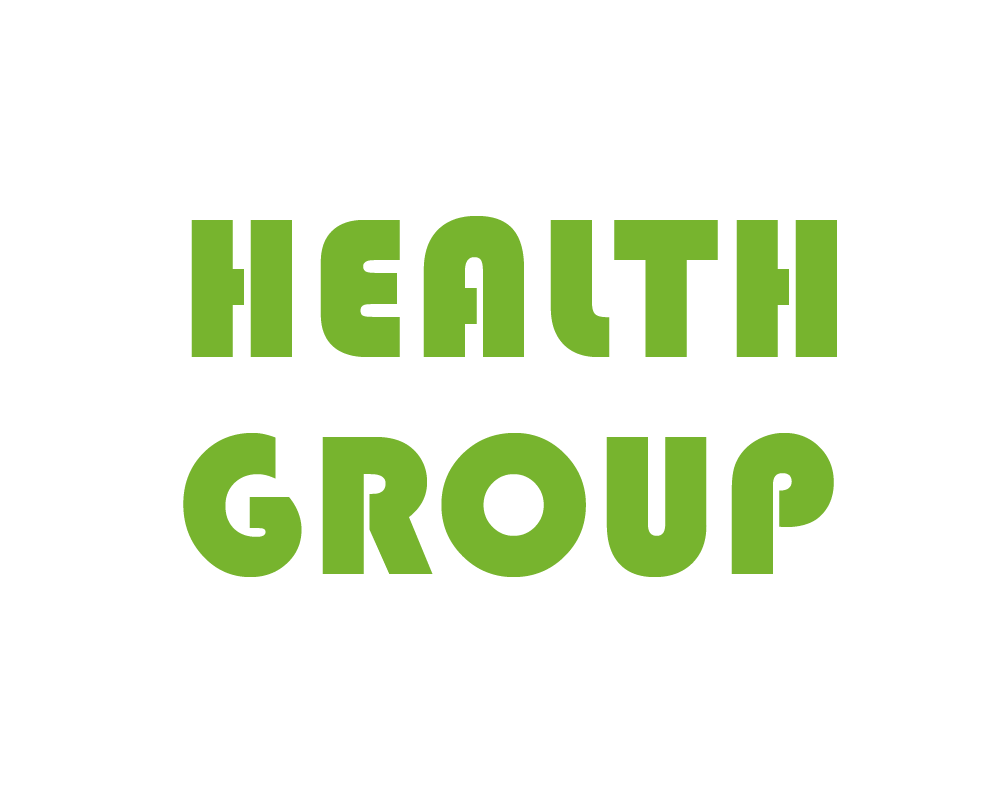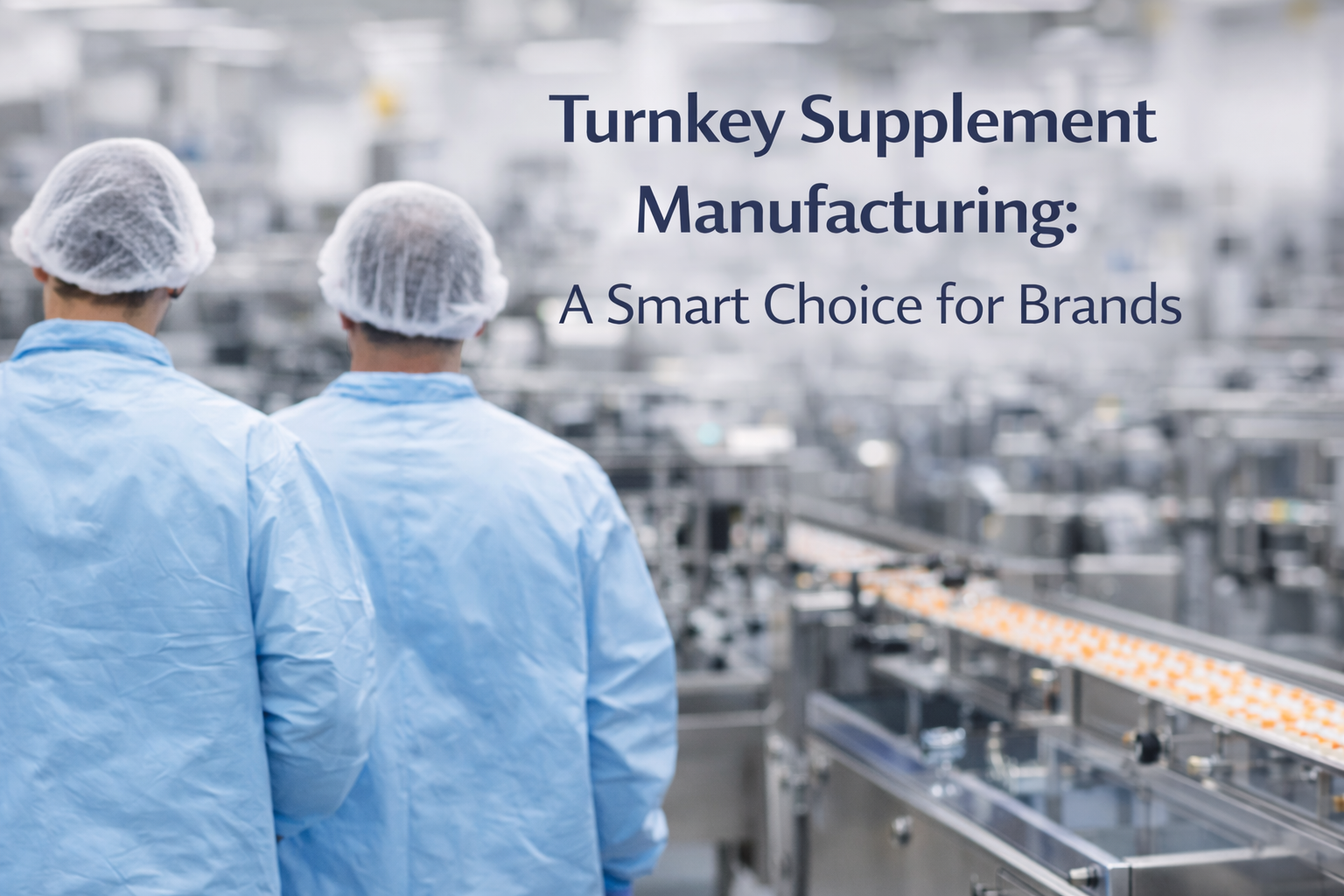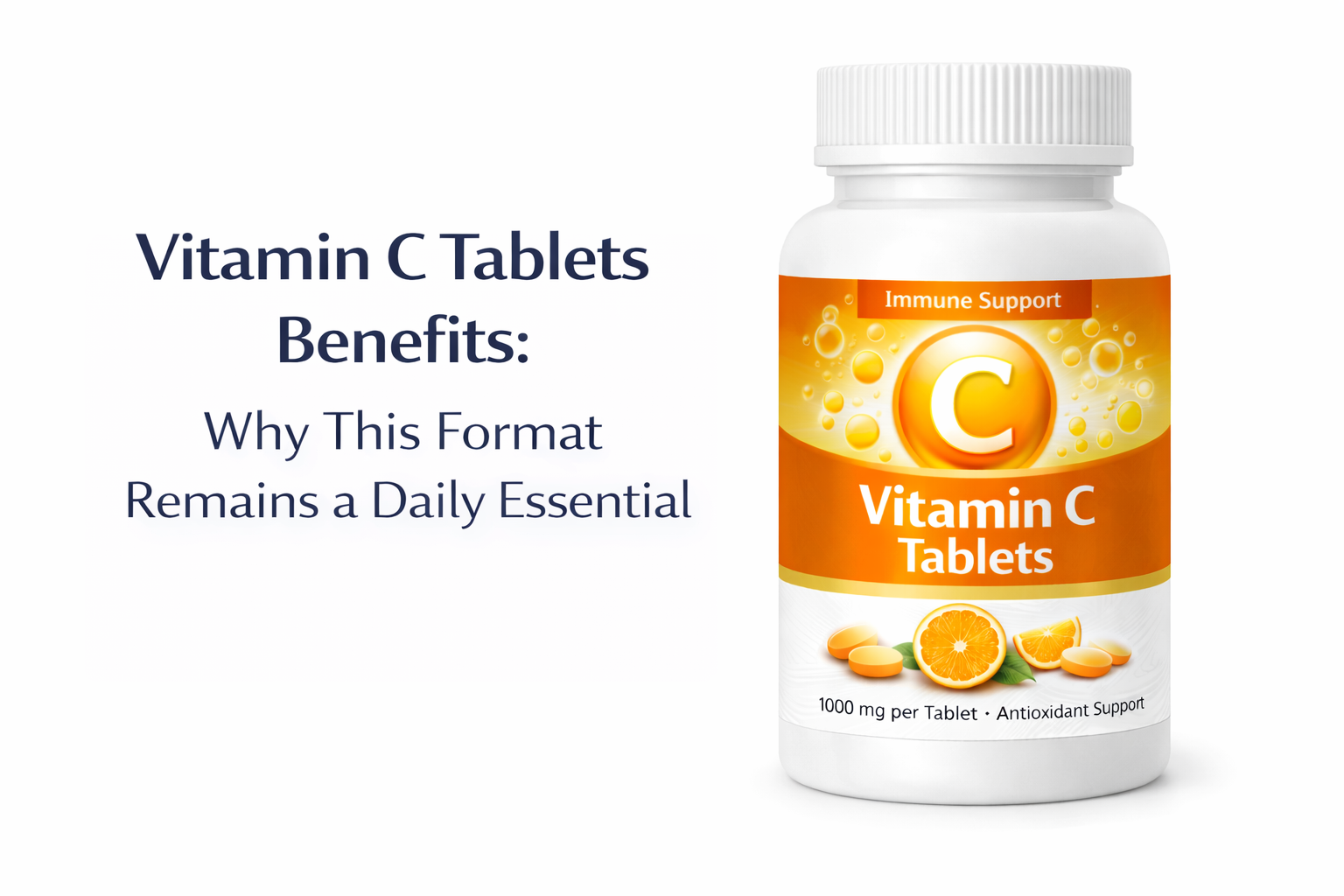
In the nutraceutical world, certifications are more than a regulatory checkbox—they’re the backbone of trust, ensuring products meet stringent quality and safety benchmarks. Certifications act as a bridge between compliance and consumer trust. They validate adherence to industry standards, proving that a product has been manufactured with care and precision. Whether it’s ensuring the absence of contaminants, meeting dietary requirements, or aligning with sustainability goals, certifications reassure retailers, distributors, and end-users alike.
For businesses, certifications are a gateway to market access and success. They symbolize professionalism and build a reputation for transparency, fostering loyalty in a crowded marketplace. Consumers, in turn, look for these markers of quality, viewing them as a promise of safety and efficacy. Understanding these certifications isn’t just important—it’s essential. Certifications, when leveraged effectively, become a defining factor in long-term growth and consumer confidence.
cGMP (current Good Manufacturing Practices)
cGMP stands for current Good Manufacturing Practices, which are regulations enforced by agencies like the FDA (Food and Drug Administration) in the U.S. These guidelines ensure that products are consistently produced and controlled to meet quality standards. The “current” in cGMP emphasizes the importance of manufacturers using up-to-date technologies, methods, and systems to guarantee product safety and quality.
Why Is cGMP So Important for Supplement Manufacturing Certifications?
- Ensures Product Safety and Quality
cGMP (current Good Manufacturing Practices) establishes rigorous guidelines to ensure dietary supplements are consistently produced and meet defined quality standards. These guidelines minimize the risks of contamination, mislabeling, and adulteration, providing consumers with products that are safe for consumption. - Builds Consumer Trust
Adherence to cGMP demonstrates a manufacturer’s commitment to maintaining the highest safety and quality standards. For consumers, this builds confidence in the supplements they purchase, knowing the product is free from harmful ingredients and manufactured in a controlled environment. - Compliance with Regulatory Requirements
In many countries, including the United States, cGMP is required by regulatory bodies like the FDA. Meeting cGMP standards ensures that manufacturers comply with legal and regulatory obligations, reducing the risk of recalls, penalties, or bans from the market. - Supports Brand Reputation
For supplement brands, working with cGMP-compliant manufacturers enhances credibility and strengthens brand image. It signals a commitment to quality, which is a competitive advantage in the crowded supplement market. - Improves Consistency and Efficacy
cGMP mandates robust documentation and monitoring of every step in the production process, ensuring consistent product efficacy across batches. This is critical for maintaining the reliability and trustworthiness of supplement formulations. - Enables Global Market Access
cGMP certification is recognized internationally, allowing manufacturers to expand into global markets with confidence. It ensures compliance with international quality standards, making products more competitive on a global scale.
NSF International Certification
NSF certification involves third-party testing, this certification ensures that products meet high standards for safety, quality, and label accuracy.
Why Is NSF Certification So Important for Supplement Manufacturing Certifications?
The NSF International Certification stands as a hallmark of safety, quality, and integrity across diverse industries, including dietary supplements, food, and water. As an independent, third-party certification, it ensures that products meet rigorous public health and safety standards. Its importance in the supplement space is unparalleled, particularly because it validates critical aspects of production and product integrity.
For dietary supplements, this certification is a seal of trust. It confirms that the product is free from harmful contaminants, contains exactly what the label promises, and is manufactured under stringent regulatory conditions. This level of oversight is essential in an industry where transparency and safety are non-negotiable. By undergoing comprehensive testing and audits, NSF-certified products reassure consumers and retailers alike, offering a reliable benchmark in a competitive market.
ISO Certifications
ISO (International Organization for Standardization) certifications validate a company’s commitment to global quality standards. For nutraceuticals, ISO 22000 is particularly relevant, focusing on food safety management systems, ensuring that products meet global safety standards from raw materials to final packaging.
Why Is This Certification So Important For Supplements?
ISO 22000 establishes credibility in international markets, facilitating trade and regulatory compliance. For supplements, this certification assures consumers of consistent quality and safety, which are paramount in health-related products.
FDA (Food and Drug Administration)
The FDA (Food and Drug Administration) is a U.S. federal agency under the Department of Health and Human Services. Its primary role is to protect public health by ensuring the safety, efficacy, and security of various products, including food, pharmaceuticals, medical devices, cosmetics, and dietary supplements. The FDA sets and enforces standards for these products, aiming to minimize risks and provide consumers with safe options.
Why is the FDA So Important for Supplement Manufacturing Certifications?
- Establishing Safety Standards
The FDA regulates dietary supplements under the Dietary Supplement Health and Education Act (DSHEA) of 1994. While supplements don’t require FDA approval before hitting the market, manufacturers must ensure their products are safe. The FDA monitors adverse events and has the authority to act if a product is deemed unsafe. - Ensuring Truthful Labeling
The FDA requires that supplement labels are accurate and not misleading. This includes proper ingredient disclosure, serving sizes, and health claims that are supported by evidence. - Protecting Consumers from Harm
Through its enforcement powers, the FDA can issue recalls, warnings, or bans on supplements found to contain harmful substances or contaminants, such as unapproved ingredients, heavy metals, or allergens. - Building Consumer Confidence
FDA oversight reassures consumers that products on the market meet basic safety and quality standards. This trust is critical in an industry where consumers are increasingly cautious about what they consume. - Maintaining Market Integrity
By regulating manufacturers and enforcing compliance, the FDA ensures a level playing field in the dietary supplement market. This prevents bad actors from compromising consumer safety or undercutting reputable brands. - Facilitating International Trade
For manufacturers aiming to enter global markets, compliance with FDA regulations is often a prerequisite. Many international regulatory bodies look to FDA standards as a benchmark for quality.
Organic and Non-GMO Certifications
USDA Organic Certification: Indicates that the product meets organic farming and production standards, excluding synthetic chemicals and GMOs.
Non-GMO Project Verified: Ensures that a product is free from genetically modified organisms.
Why Is This Certification So Important For Supplement Manufacturing Certifications?
These certifications cater to the growing demand for clean-label products. They appeal to health-conscious consumers seeking natural and ethical options, boosting a brand’s reputation and sales potential in the competitive wellness market.
Halal and Kosher Certifications
These certifications cater to specific dietary and religious requirements. Halal certification ensures the product meets Islamic dietary laws, while Kosher certification aligns with Jewish dietary practices.
Why Is This Certification So Important For Supplements?
These certifications allow brands to reach diverse global markets, meeting the dietary needs of specific cultural and religious groups. By offering Halal and Kosher products, companies demonstrate inclusivity and broaden their consumer base.
Gluten-Free Certification
Confirms that the product is free from gluten, making it safe for individuals with gluten intolerance or celiac disease. With the rise of gluten intolerance and celiac disease awareness, gluten-free certification is increasingly valuable. It ensures the product is safe for individuals with gluten-related sensitivities.
Why Is This Certification So Important For Supplements?
With rising awareness around gluten-related health issues, this certification is a must-have for brands targeting the wellness market. It assures consumers of safe consumption and aligns with dietary trends emphasizing health and inclusivity.
Third-Party Testing and Certifications
Many manufacturers seek third-party testing from organizations like Informed-Choice or BSCG (Banned Substances Control Group) to validate the safety and purity of their products.
Why Is This Certification So Important For Supplements?
Third-party testing enhances a brand’s credibility by verifying its claims. This is vital for athletes and health-conscious consumers, as it ensures safety, compliance, and trust in the brand’s offerings.
Certifications are more than regulatory badges—they’re powerful symbols of a company’s dedication to excellence. By adhering to rigorous standards, these credentials showcase a firm commitment to quality, safety, and transparency, laying a strong foundation for trust among consumers and stakeholders alike.
For nutraceutical brands, certifications go beyond compliance. They unlock doors to broader markets, allowing companies to meet diverse consumer demands while adhering to global regulations. The credibility that certifications bring offers a competitive edge, distinguishing brands in an increasingly crowded industry. Achieving and showcasing these certifications demonstrates not only a commitment to industry benchmarks but also a drive to exceed expectations, ensuring sustained growth and market success.


